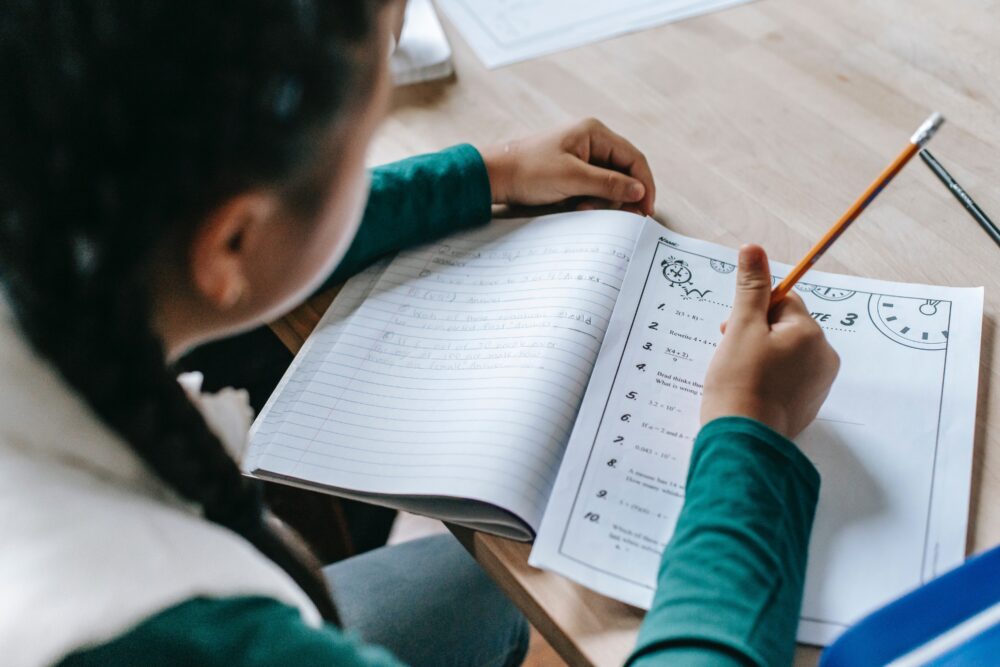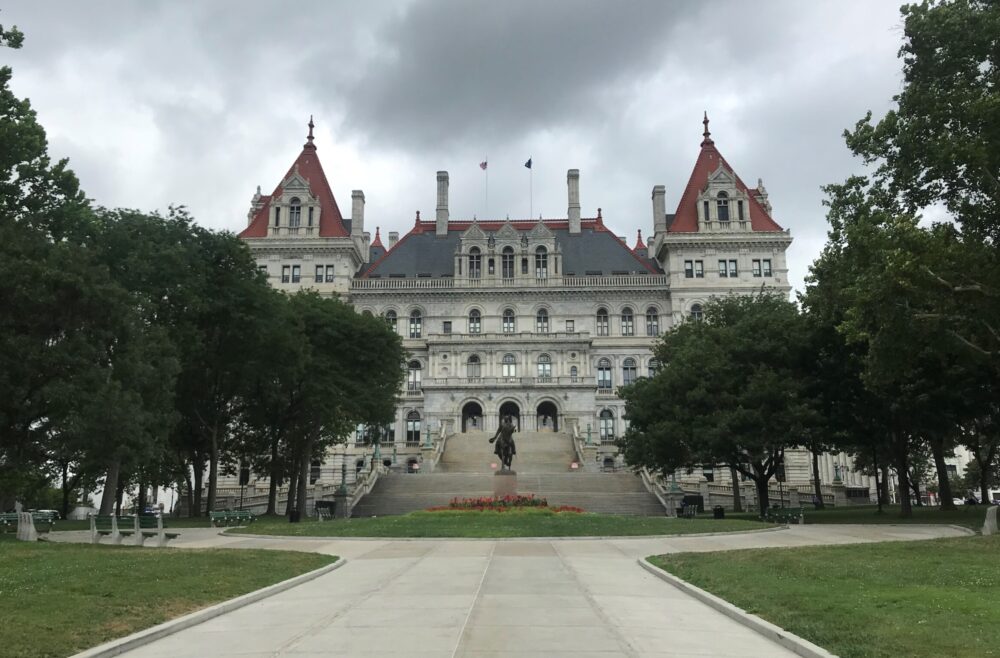Response to Release of DOE Academic Recovery Plan
Kim Sweet, Executive Director of Advocates for Children of New York (AFC), issued the following statement in response to the NYC Department of Education’s release of its plan for using its historic influx of funding from the federal American Rescue Plan Act.

We appreciate that the City is using American Rescue Plan funding to pay for some important initiatives including investing in early literacy and preschool special education, developing new curriculum, and adding hundreds of social workers to our schools. We look forward to seeing the full plan, as the details matter. Every dollar is needed, and it’s important to ensure every dollar is spent wisely.
For example, with respect to the new universal curriculum, we want to ensure that it is both culturally responsive and grounded in the science of reading. While we appreciate the focus on literacy, we want to ensure schools will not only screen students in reading, but will provide the targeted, evidence-based instruction they need to become proficient readers.
At a time when school leaders have their hands full working to return to full-time in-person learning, it will be important for the DOE to provide substantial support and direction to help schools get effective intervention programs off the ground. The DOE must ensure these programs provide the specialized support needed for students with disabilities, English Language Learners (ELLs), and students who are homeless or in foster care—students who were disproportionately impacted by the closure of school buildings and who are specifically named in the American Rescue Plan Act.
With respect to students with disabilities, we are still waiting for the DOE to release a plan for make-up special education services for students with disabilities without requiring each individual family to request and litigate an administrative hearing, which can take months and sometimes years. Families want to know how their children will get all the special education instruction and services they need to make up for what they lost during the pandemic—services they have a legal right to receive.
ELLs and immigrant students, whose needs the DOE had not been meeting prior to COVID-19, struggled to engage and learn during the pandemic. While the DOE has allocated funding for ELLs and immigrant students, the current plan does not include funding for targeted academic enrichment, tutoring, or English language instruction for ELLs who did not receive their full set of English as a New Language or bilingual instruction during the past year. We encourage the DOE to create a plan, beyond just teacher training, for schools to provide intensive academic and language enrichment specifically to ELLs and immigrant students, which can include Saturday programs, extended day services, and small group tutoring.
We look forward to working with the DOE to ensure all students get the support they need following the disruption and devastation of the pandemic.


